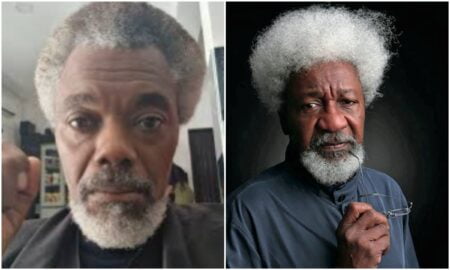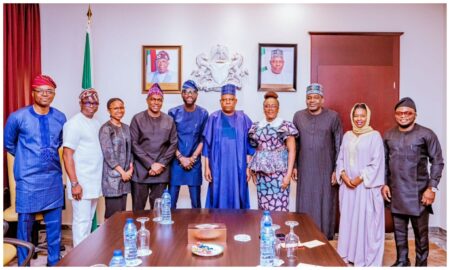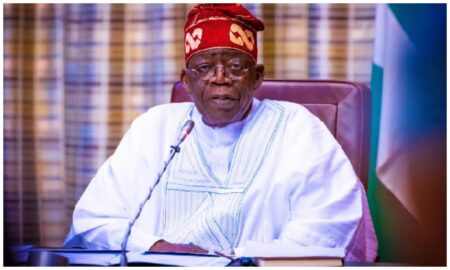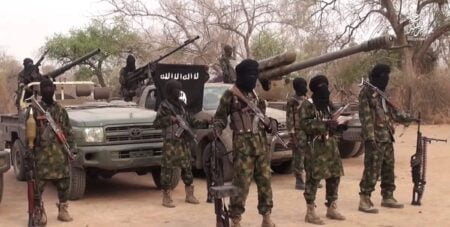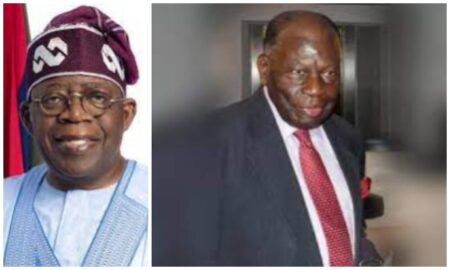Nobel laureate Professor Wole Soyinka has explained what he meant when he said, “you can never defeat Biafra.”
Soyinka that people misunderstood him, noting that it was simplistic to think he was referring to the battlefield.
He stated this during an interview on Channels Television while responding to a question on the Civil War, agitators and history.
The 88-year-old literary icon said he “was very desperate for that (the war) not to happen. First, I thought it was a wrong war. No war is right, but this one was particularly bad.”
Clarifying the misunderstood about his comment on Biafra, Soyinka said: “The Igbo, no question at all, underwent the experience of genocide.
“The memory of such traumatising experience congeals, especially towards their immediacy but it can burst out again any other time.
“When I made a statement that ‘you can never defeat Biafra’, people took a very simplistic reasoning of that. They thought I was just referring to the battlefield.
“No, I was talking about the idea; that the idea has taken hold of some of those who don’t know the full history, because the people were not themselves blameless.
“When I met Ojukwu, he spoke very frankly and when I met him in Ivory Coast, I asked him some questions like ‘why did you shoot Victor Banjo and others?’.
“He gave some very satisfactory answers. I met him again when I did a programme for BBC Channel 4 entitled ‘Journeys’, and I did recapture the journey to Biafra.
“I interviewed (former head of state during Civil War) Gowon, Ojukwu, Achuzie and all those who were involved in the war.
“These were reminders and it is a lesson of the past. If history is inculcated in schools, you won’t have people talking so glibly about the possibility of another war.
“You will have more people inclined to dialogue. There are individuals who have hands across different parts of the country.
“These are people who are history conscious; retired General Ike Nwachukwu, Dr Ezeife and so many others are history conscious. So, they don’t want to see errors take place.
“There is the necessity not just to teach history in schools, but also to make it part and parcel of our civic consciousness in numerous ways.
“I think that even the cinema has a role to play in this regard.”


